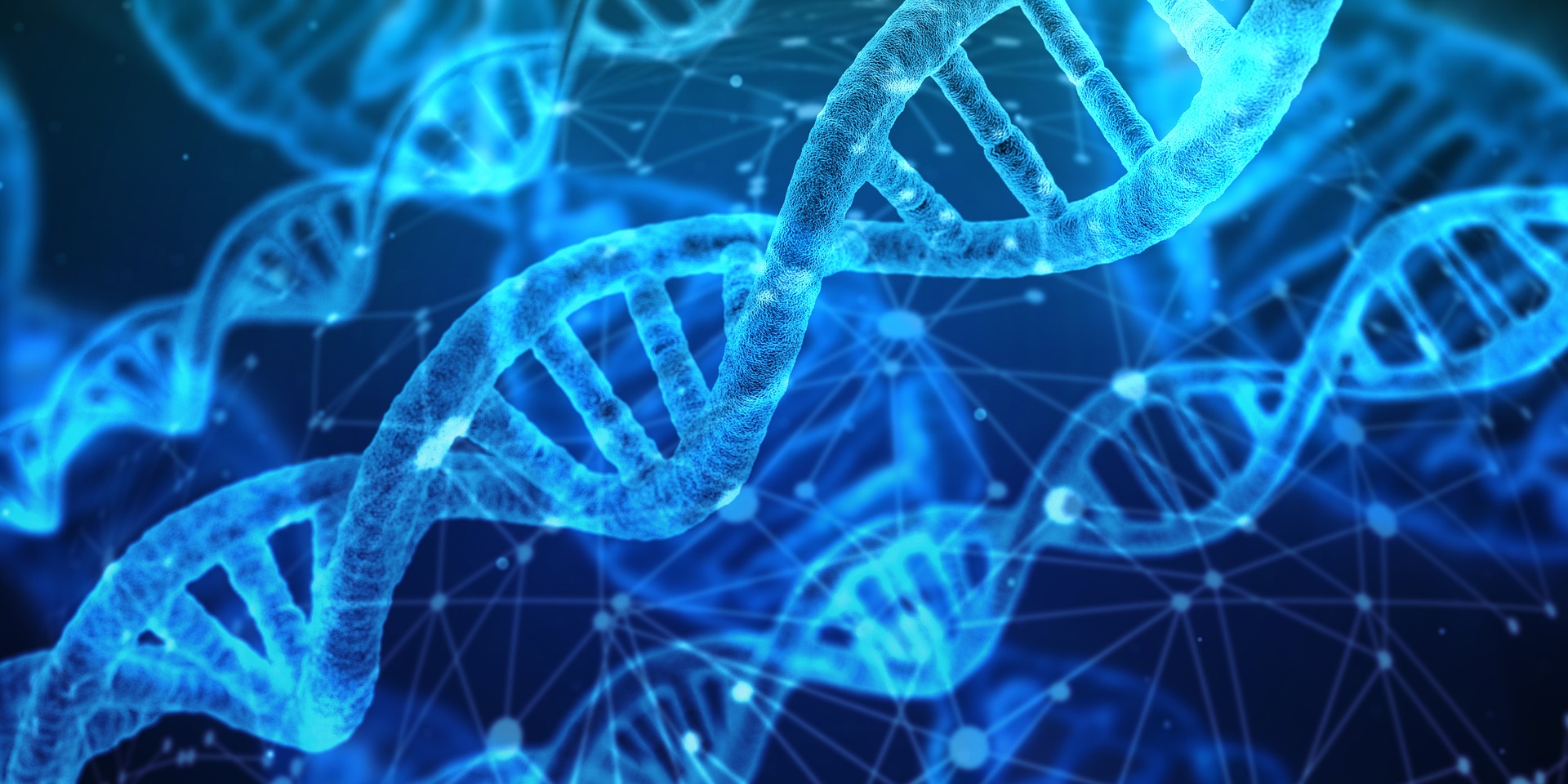Share this Page:
There are more than 10 different subtypes of renal cell carcinoma (RCC), each with important genetic differences that determine how aggressive they are or their response to treatment. Clear cell RCC is the most common subtype, accounting for 75-80% of cases.
A team of scientists at the University of Michigan, USA, have discovered the gene signature for a rare subtype of RCC called chromophobe RCC, the third most common subtype of RCC comprising about 5% of cases. The scientists have also investigated three new biomarkers for chromophobe RCC from genetic data from more than 1000 kidney cancer samples.
The three biomarkers (FOXI1, RHCG and LINC01187) are positive in chromophobe RCC and not associated with other subtypes of RCC, especially when the cancer is metastasised.
These biomarkers remain to be validated for use in the clinic, but it is envisaged that they may be particularly useful in the diagnosis of metastatic chromophobe tumours or primary chromophobe tumours that can’t be readily identified under the microscope.
This study also helps scientists understand the development of sarcomatoid chromophobe RCC, which has a complete lack of the FOXI1 and LINC01187 biomarkers. This may contribute to the development of these tumours, which tend to be more aggressive and may require different treatment strategies.














